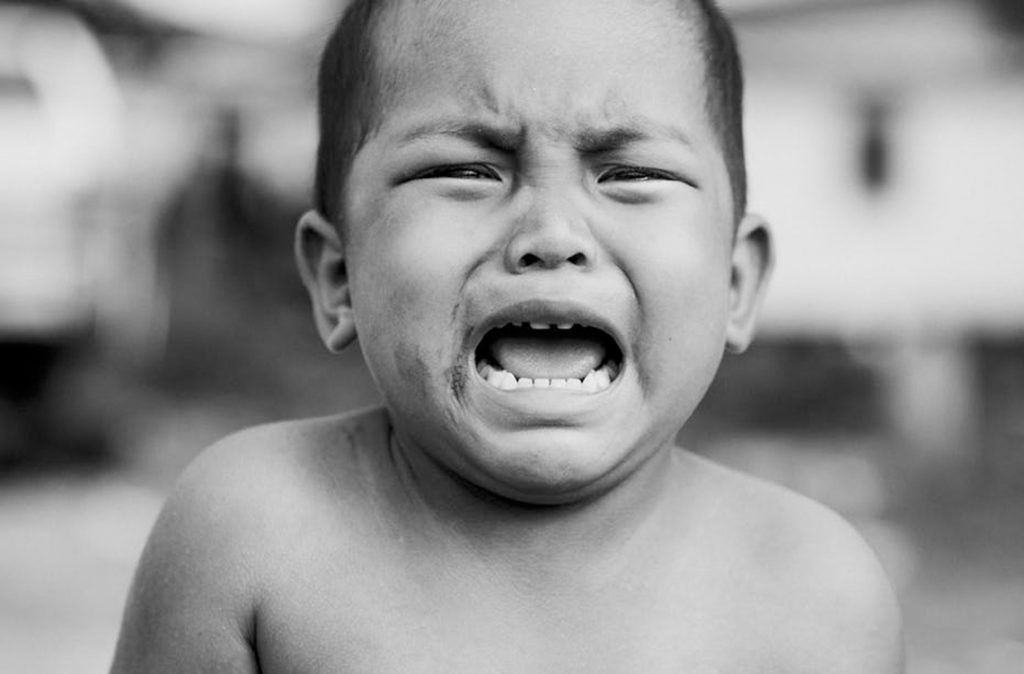We all love our children. We give everything we have to raise them well. But when your child starts throwing tantrums, it definitely frustrates you. Or even when they are causing all sorts of hell when you’re out having tea or even at the store. But, really? Is it just kids being kids?
Even that being said, when your child has an episode, it does not excuse you from your task. Tantrums are one of the biggest challenges in parenting. It’s just so hard to understand, unavoidable and it’s even harder to respond effectively when it happens.
Highlighted
So who are we to blame? It’s definitely not the child’s fault. And they should not be blamed. Because children’s social and emotional skills are just starting to develop when they are between age 1 to 3 years old. Children don’t often have the words to express their emotions.
Tantrums are one of the ways for them to express and manage their feelings. In fact, they are trying to understand what’s going on around them. It comes in many forms such as stress, strong emotions, tiredness, temperament and so forth.
Children tend to let their emotions take over them. Their worry, fear, shame and anger can sometimes be overwhelming. So when your kid is in the middle of a tantrum, it can be tough to keep yourself cool or even frustrated.
A Dallas-based clinical psychologist, Ray Levy once said, “ tantrums are terrible, nasty things but they are a fact of childhood.
So what can parents do to turn the situation around?
Don’t Yell At Them
When your child is having an episode, they often will yell or scream on top of their lungs. And when it happens, the softer you should speak because your child will end up matching your tone. Parents should remember the fact that their children are upset, that is why they lose control of their emotions.
This is the part where you sit down with your child and let them settle down before asking them to clean up their toys. Once they are calmed, you should still ask them to clean up the mess. When they follow through, praise them because this is a positive behaviour that you want to instill in them.
Try To Place Yourself in Their Shoes
When your child can finally use words to express their needs and wants, there will still be tantrums all over. She’s still learning to handle her emotion and needed your help with her growth. When your child tries challenging task such as wearing her pants. She may lose it because she realizes she can’t do it alone.
And you, as parents do not understand the message they are trying to convey. You both freak out to release the frustration. Anger is often rooted in sadness, therefore parents should try to see things from the point of view as a child instead of adulthood.
Reinforce Positive Behaviour
When you try to comfort your child in a middle of a tantrum, you should try to reinforce a positive behaviour. When your child loses her temper, comfort them with words like, “I understand that you are upset right now. When you calm down, I’ll give you a big hug and we can talk about it.” Acknowledge their feelings because, through such behaviour, your child will know that you are offering support while showing them how to regulate their emotions.
Don’t Say “No” to your child
The next time your child is throwing a fit, take a deep breath instead of telling them “no” to their wants and needs. Instead when your child wants a pet, do not just answer ‘no’ right away. In fact, try to explain it to them and help them understand why it isn’t possible. For instance, ask them what is going to happen when nobody wants to take care of the pet?
Let them think it through. Because through this method, your children will try to understand by solving the issue in front of them through questions. Parents need to consider what they want their child to learn. This can help prevent behaviour getting more out of control and gives your child a chance to reset emotions.
It is believed that all parents want to encourage good behaviour in children including ways to avoid tantrums and whining. But the fact that children learn a lot from watching people’s reactions and actions cannot be denied.
So when your children are having an episode, take a moment for yourself and stay calm. Because if you get frustrated or angry, it will only make the situation worse. Praise, encouragement and understanding are important in solving child’s tantrums.
So take a deep breath and visit Motherhood.com.my now for all your parenting needs!
